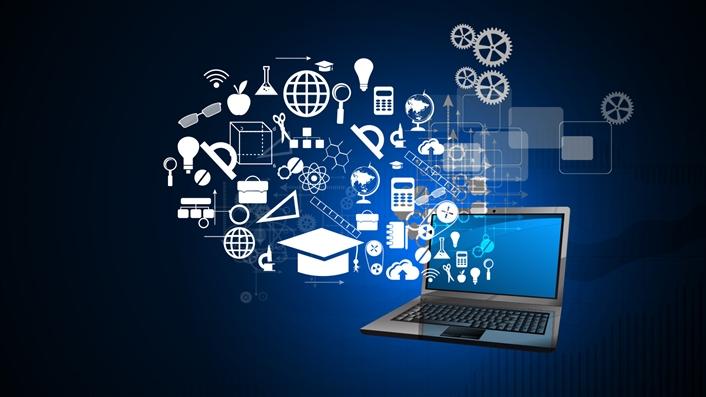The 2019 Horizon Expert Panel is the first to be led by EDUCAUSE after its acquisition of the NMC Higher Education Horizon Report in spring 2018.

Gathering insights from experts across higher education has long been a critical part of the Horizon Report process, and it begins with the formation of a diverse panel. The Horizon Expert Panel has determined the topics for the 2019 report; the complete set of topics will be released in February at the EDUCAUSE Learning Initiative Annual Meeting.
The 2019 panel is the first to be led by EDUCAUSE after its acquisition of the NMC Higher Education Horizon Report this past spring. (Read more about the acquisition in this post by EDUCAUSE President and CEO John O'Brien or in this piece on the future of the Horizon Report by Vice President of Communities and Research Susan Grajek.)
The process of selecting the panel was approached with the characteristic inclusivity for which NMC was known. We aimed to create a balanced and representative panel to assure the diverse, global perspective that is essential to maintain for the 2019 report. To do this, we invited all members of the previous higher education panel. Of those, 48 former panelists returned to participate in the 2019 process.
We also broadcast a call for nominations, including self-nominations, in an effort to bring new voices from the higher education community into the process. The response was overwhelming—we received more than 125 global nominations for the 2019 panel. We reviewed each nomination to identify those who had experience with piloting or implementing emerging educational technology, those who presented or published in the field, those who held advisory roles on a campus or within their respective industry sectors. We also sought to include developers, vendors, and entrepreneurs whose insight would advance the panel work. Of the 125 nominations, 52 had attributes we believed were essential to the panel and who added the balance and diversity we sought.
This highly engaged group of field experts was the largest panel to date, and they completed the four stages of the process over a two-and-a-half-month period. As in the past, the panel began by scanning current resources curated from within the EDUCAUSE library, as well as readings related to topical developments in technology at large. This stage was followed by a round of dialogue prompted by questions specific to trends, challenges, and developments in higher education. The first round of voting began immediately following, and panelists had a week to cast their ballots. The EDUCAUSE research team reviewed the voting results and prepared a short list for the final round of voting. That voting, fondly called the Survivor Round, concluded at the end of November, and the results were again analyzed to determine the final topics for the 2019 report.
Here are some stats on the 2019 Horizon Expert Panel:
- Returning Panelists: 48 / New Panelists: 52
- Female: 52% / Male: 48%
- International: 32 / United States: 68
- Membership Affiliation:
- EDUCAUSE and former NMC Member: 27
- EDUCAUSE Member: 38
- Former NMC Member: 16
- Member of neither EDUCAUSE nor NMC: 19
The interactive Horizon Tool platform was used for the second time with a higher education expert panel. The panelists used this platform to engage in topic-related research and voting during the process. Panel members' engagement with the process and with one another is an essential aspect of the methodology, and this year, Horizon Tool developer Gordon Jackson added a leaderboard feature to the platform that incorporated a low-stakes gaming element to the experience. Many of the panelists attending the recent EDUCAUSE Annual Conference in Denver approached me to share their enjoyment of the leaderboard, which changed daily to list the top-ten most-engaged panelists and included individual panelists' engagement scores. Others emailed to share similar appreciation for what they called a motivation to engage further with the process and with other panelists.
Now, we begin the phase of seeking information from institutions with groundbreaking projects that utilize one of the six educational technologies identified for the 2019 report:
- Mobile Learning
- Analytics Technologies
- Mixed Reality
- Artificial Intelligence
- Blockchain
- Virtual Assistants
Are you pioneering work in one of these areas at your institution? Show us how you or your colleagues set the bar higher! Submit your campus' project exemplars here through January 11, 2019, for possible inclusion in the 2019 EDUCAUSE Higher Education Horizon Report.
Join us in Anaheim for the EDUCAUSE Learning Initiative Annual Meeting, February 19–21, 2019, when we'll release the full results of the Horizon Expert Panel.
Noreen Barajas-Murphy is Horizon Project Director at EDUCAUSE.
© 2018 Noreen Barajas-Murphy. The text of this work is licensed under a Creative Commons BY 4.0 International License.
